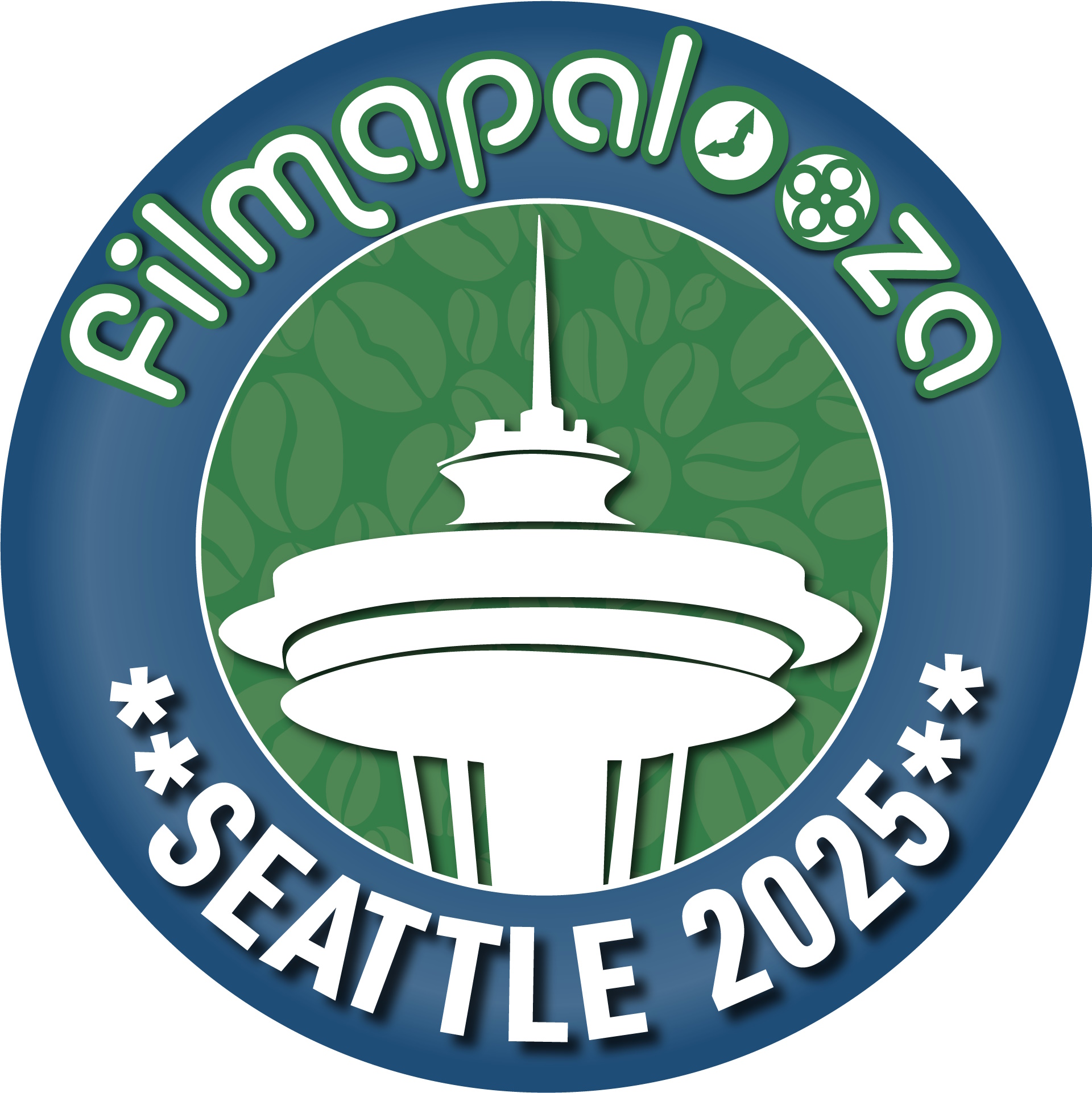Texas 9
Listen to Texas 9, a man in his 50s from Sanderson, Texas, United States. Click or tap the triangle-shaped play button to hear the subject.
Both as a courtesy and to comply with copyright law, please remember to credit IDEA for direct or indirect use of samples. IDEA is a free resource; please consider supporting us.
(Please note: This subject does not read the scripted speech.)
BIOGRAPHICAL INFORMATION
AGE: 50s
DATE OF BIRTH (DD/MM/YYYY): 1950s
PLACE OF BIRTH: Sanderson, Texas
GENDER: male
ETHNICITY: Caucasian
OCCUPATION: livestock worker and handyman
EDUCATION: two years of college
AREA(S) OF RESIDENCE OUTSIDE REPRESENTATIVE REGION FOR LONGER THAN SIX MONTHS:
Although the subject grew up in Sanderson, Texas, in the southwest part of the state, he has traveled around the United States and lived in Central America for 11 months.
OTHER INFLUENCES ON SPEECH:
His business card lists his marketable skills: “windmills fixed,” “guns cleaned,” “manure hauled,” “rentals,” etc. He also works regularly on film sets in various capacities.
The text used in our recordings of scripted speech can be found by clicking here.
RECORDED BY: Pamela Christian
DATE OF RECORDING (DD/MM/YYYY): 28/07/2001
PHONETIC TRANSCRIPTION OF SCRIPTED SPEECH: N/A
TRANSCRIBED BY: N/A
DATE OF TRANSCRIPTION (DD/MM/YYYY): N/A
ORTHOGRAPHIC TRANSCRIPTION OF UNSCRIPTED SPEECH:
Well, I’s born an’ raised in Texas. Uh, I was born in — out in Big Bend country; I was raised in Big Bend country. I lef’ there when I was, uh, 18, went in the Marine Corps. I’s in the Marine Corps fo’ three years, got out an’ then I, uh, I moved down to the Conroe area. I was, uh — I went to work for Uncle Sam when I got out. I was an air-traffic controller ’til the big strike of ’81. An’ to avoid, uh, any problems with the government, ’cause o’ me leadin’ a strike against the U.S. government, I went to live in Central America for 11 months. An’ then, uh, when that– ev’rything kinda faded away; well I, um, I came back an’ went to work. Uh, I’ve always ranched an’ done things like ’at, ’n’– but I, like I say, I was an air-traffic controller [?] into the Marine Corps. I, uh, I ranched down to the southern end of New Mexico. Arizona was my western boundary, and Mexico’s my southern boundary, an’ it’s real rugged, real rough country down there. Ranched there for, I guess, two years, two/three years. Then I moved up to the Chama area on the north en’, like north o’ Santa Fe by a hundred miles. An’, uh, I was there ’til, I guess, eight years ago when I moved back to — moved to Denton, an’, uh, lived there for three years, an’ then I moved down to south Texas. I had a ranch down southeast of, uh, Nixon, for a while. An’ then my dad got ill, an’ I moved back here to New Braunfels in [?], an’ what, uh — in a real short, uh, [unclear].
[Interviewer: You came back to work on Texas …?]On Walker, Texas Ranger.
[Interviewer: Walker, Texas Ranger?]Yeah, I had livestock on it. Oh, I did that for — had that for three years, an’ then, uh, some reason, I didn’t think, y’know, the show was ever gonna last, so I quit [?] on, but eight years later, it’s still goin’. But, uh, that’s really ’bout it. I — there’s jus’ not a whole lot. I just travel round a lot. Uh, I always kinda felt you stay in one place too long, you grow roots, and, uh, that’s somethin’ I don’t want. But, uh, uh, like I say, I been … When, when my father got ill, I moved back here to Braunfels. My dad was raised — Interstate 30 past the Royal Home Place down here, out there Lyman Road, an’ I sort — oh, got all family round here, so …
[Interviewer: Tell me about your film career, and maybe you want a film. And you just got off a film, so, what do you like most about working on the films?]Y’know, I don’ know. It’s, uh, I haven’t really figured it out. I just — it’s, uh, pretty simple. I mean, there’s not — it’s not a — it doesn’t take a brainchild to do it. Just, there’s not lotsa hours in the thing, so, um, but I been doin’ this for off ’n’ on for about 17 years. E’en when I got back from, uh, when I got back from Central America. When I was in New Mexico after it – I, I ran Jurgens all the time, an’, uh, once I’d shipped my cattle, in October, then I’d either go to California or Arizona or come back to Texas, or somewhere ’n’ work on the movies until, uh, y’know, the winter down here on the real southern end. An’ then, uh, that April or May I’d go back home an’ start receivin’ my cattle again. An’ then, uh, there in Chama, o’ course, that’s way up in the mountains there at my house; that’s 82-62, an’ up to 13,000 a back, so, there an awful lot o’ guide an’ trout, uh, trout fishin’, an’ o’ course when the hunt started, we, we hunted, um, elk, uh, deer, bear, an’, uh, lion. But that was — that’s prob’ly best part — the most fun in life, right there. Headin’ out gotta have the world by the, by the tail. Y’know, it’s horseback all day, an’ I was huntin’ an’ fishin’, y’know, didn’ have a worry in the world. But, uh, that’s somethin’ that, uh, — that not very many people get to experience. But there’s — I mean, that ol’ country up there is young, the heart ’n’ soul. We just hardly make a livin’ up there. Y’know, we got snow up the armpits about six months outta the year.
[Interviewer: So you, uh, clean guns and clean windmills? An’ ho– h– how do you clean windmills?]No, I was fixin’ a wind- …
[Interviewer: How do you fix a windmill?]Well, that, that, that’s kind of a long story too. Not — most people don’t have — windmill’s kind of a thing of the past, but, uh, the whole motor an’ ev’rything; it’s a wind-generated pump, and you have the — the circuit rods runs all the way down in, into your well, on the – at, at the end o’ your pipe then you have your leathers. It’s — actually pumps the water up an’ p– forces it up the pipe an’, well, that’s the main thing, is your w- … your leathers wear out, ’n’ you have to pull all your stuff, all the rods out, redo your leathers, an’ put ev’rything back in. Dependin’ on the dee- the depth of the well, that could, that could be a two- or three-day operation, but, uh, that — an’ that’s really kind of a joke. Like to say it’s kind of a los- … y’know, nobody does that no more.
[Interviewer: I love that it’s on your card.] Yuh. [Interviewer: And also livestock. Tell me about your livestock.]Well, I’m, I’m kinda down right now, and I s– I kinda sold ev’rything, ’cause I started travelin’ so much, an’ been so dry. I had a ranch out, out in West Texas an’ had, uh, seven inches o’ rain in five years, an’ that’s hard for a lizard to make a living. But, uh, I used to raise, uh, red runner cattle an’ then, uh, then when I got in the yearlin’ operation, I thought, y’know, anyway it’s not year-round. I don’t know whoever came up with the word cowboy. Anyway, it’s not cowboy, it’s cow-nurse. Y’know, ’cause you’re something — you’re, you’re nursing ev’rything all the time. Your animals’ll get very dependent on …
TRANSCRIBED BY: Jacqueline Baker
DATE OF TRANSCRIPTION (DD/MM/YYYY): 20/07/2008
PHONETIC TRANSCRIPTION OF UNSCRIPTED SPEECH: N/A
TRANSCRIBED BY: N/A
DATE OF TRANSCRIPTION (DD/MM/YYYY): N/A
SCHOLARLY COMMENTARY:
This dialect typifies West Texas in that there is very little lilt. Voice patterns tend to be stacatto and monotone. The sound is flat, with voice placement and resonance in the front of the mouth. The lips are held tight and close together, causing the subject at times to mumble. The soft palate is held at a low position. This mouth positioning causes certain words to collapse, like “hundred” and “going.” The long “i” sound does turn into “ah” but is not elongated, as is typically found in other Texas dialects (note “find” and “livestock”). Note the glide on “last,” “can’t,” “thing,” “lost,” and “on.” The “r” is very hard, more so than in any other region in Texas. Note the special pronunciations of “there,” “boundaries,” “goin’ on,” “lost,” “Marine,” and “nurse.” (Also be aware that this subject does not read the scripted text.)
COMMENTARY BY: Pamela Christian
DATE OF COMMENTARY (DD/MM/YYYY): 28/07/2001
The archive provides:
- Recordings of accent/dialect speakers from the region you select.
- Text of the speakers’ biographical details.
- Scholarly commentary and analysis in some cases.
- In most cases, an orthographic transcription of the speakers’ unscripted speech. In a small number of cases, you will also find a narrow phonetic transcription of the sample (see Phonetic Transcriptions for a complete list). The recordings average four minutes in length and feature both the reading of one of two standard passages, and some unscripted speech. The two passages are Comma Gets a Cure (currently our standard passage) and The Rainbow Passage (used in our earliest recordings).
For instructional materials or coaching in the accents and dialects represented here, please go to Other Dialect Services.
 IDEA: International Dialects of English Archive
IDEA: International Dialects of English Archive




